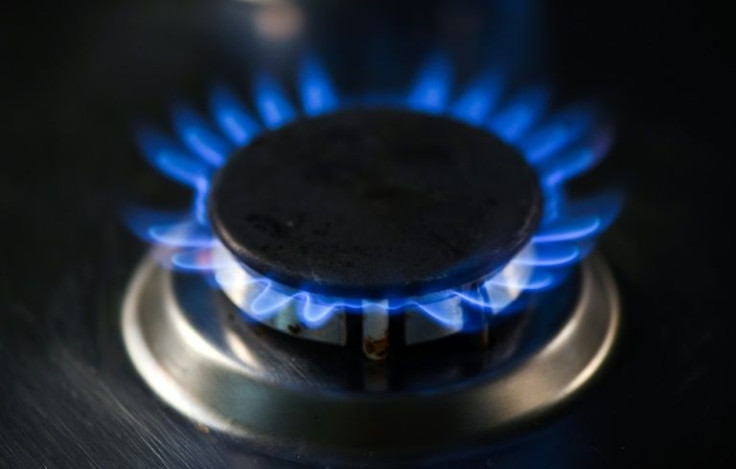Berlin Blasts 'Political Decision' In Gazprom's Gas Squeeze
Russia on Wednesday stepped up the energy pressure on Europe, slashing gas supplies to the continent for the second day in a row in a move blasted as "political" by Germany.
A day after Gazprom said it was cutting deliveries via the Nord Stream pipeline by around 40 percent, the Russian state-owned energy giant said it was further snuffing out its daily deliveries by a third.
The energy company blamed the cut on "repair" work on compressor units by German company Siemens, but Berlin slapped down the excuse.
Gazprom's move was "a political decision and not a technically justifiable decision", Economy Minister Robert Habeck said at a press conference.
The minister said Wednesday's move to further dwindle flows showed "it is obviously a strategy to unsettle and drive up prices".
Separately, Italian energy giant Eni said it was informed by Gazprom that it was reducing its gas supplies by 15 percent for Wednesday without explanation.
Several European countries, including Germany, are highly reliant upon Russian gas for their energy needs.
But since Russia's invasion of Ukraine, they have been battling to wean themselves off Russian power.
In a race for alternative sources of energy, the European Union signed gas deals with Egypt and Israel during a Cairo visit Wednesday by the bloc's chief Ursula von der Leyen.

The Nord Stream pipeline, commissioned in 2012, runs from Russia to Germany under the Baltic Sea and is the main conduit for gas from Russia to Europe's biggest economy.
A second underwater pipeline, Nord Stream 2, that was set to double deliveries was halted by Germany in the run up to Russia's invasion of Ukraine.
Habeck said Germany was aware of the need to service the Nord Stream pipeline but added that "the first set of maintenance works where this would have become relevant will not take place until autumn."
At the same time, those works would not warrant a reduction "on the order of 40 percent", Habeck said.
Gazprom said Tuesday that the delayed return of components meant only three gas-pumping units were currently operational at the Portovaya compression station near the Russian city Vyborg, where the pipeline begins.
Germany was monitoring the impact on the gas market, but there was "no supply problem in Germany", Habeck said.
He stressed that saving energy was the "order of the day", and that Germany was ready to "take government action, if necessary".
Since the start of the war, European countries have sought to reduce their reliance on imports from Russia, but are divided about how quickly to impose an embargo on gas.
Moscow has already cut off several European clients after they failed to comply with a Russian demand that all "unfriendly" countries pay for natural gas in rubles in response to a barrage of Western sanctions over Ukraine.
Poland, Bulgaria, Finland and the Netherlands have had their deliveries suspended after refusing the arrangement.
Eni said in May it has opened accounts in euros and in rubles to pay for Russian gas, thus complying with Moscow's demands, but insisted the move was taken in compliance with the sanctions.
© Copyright AFP 2024. All rights reserved.







